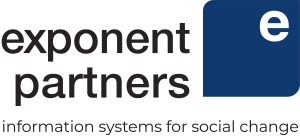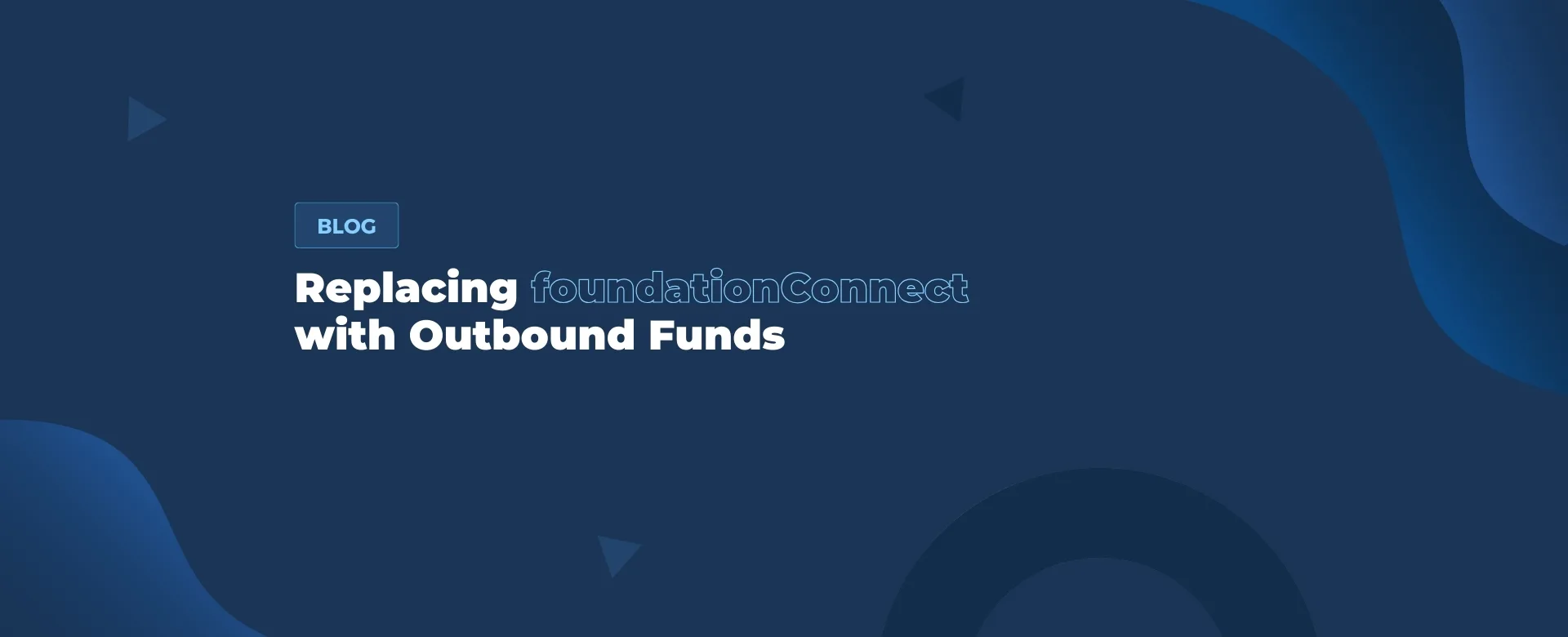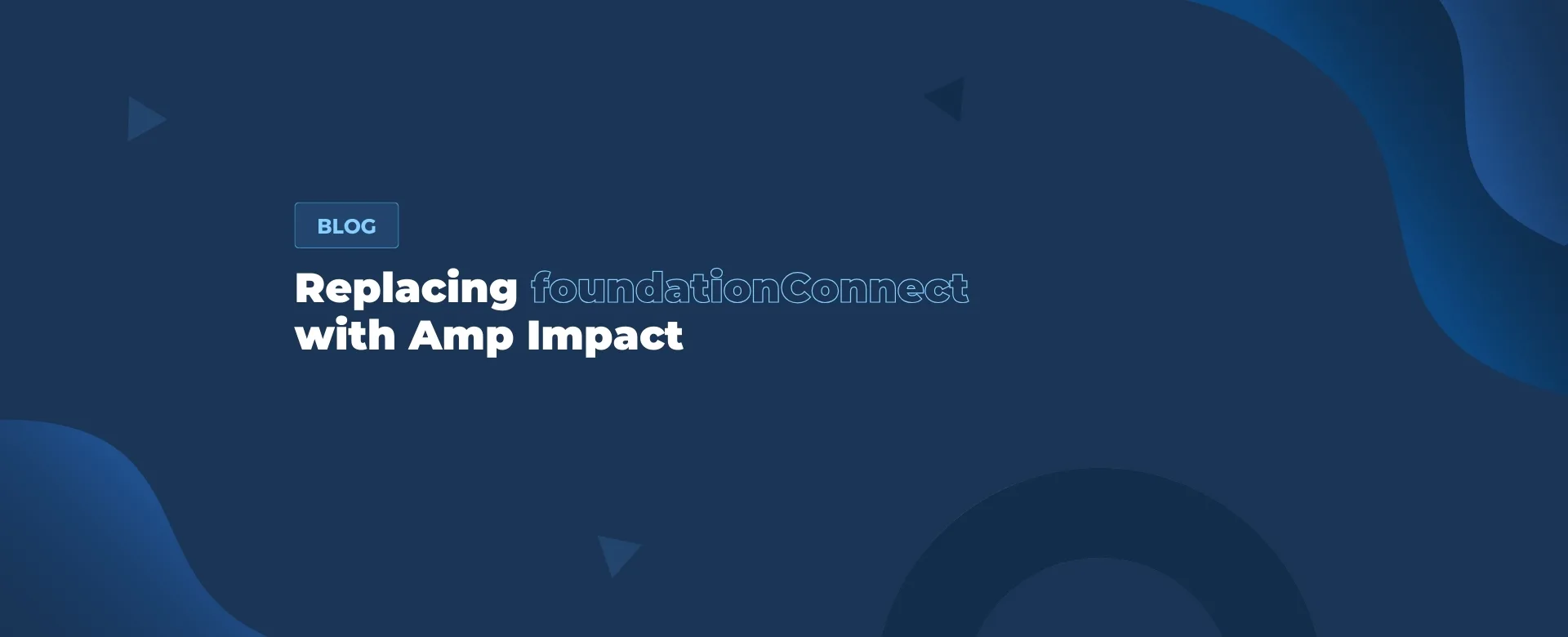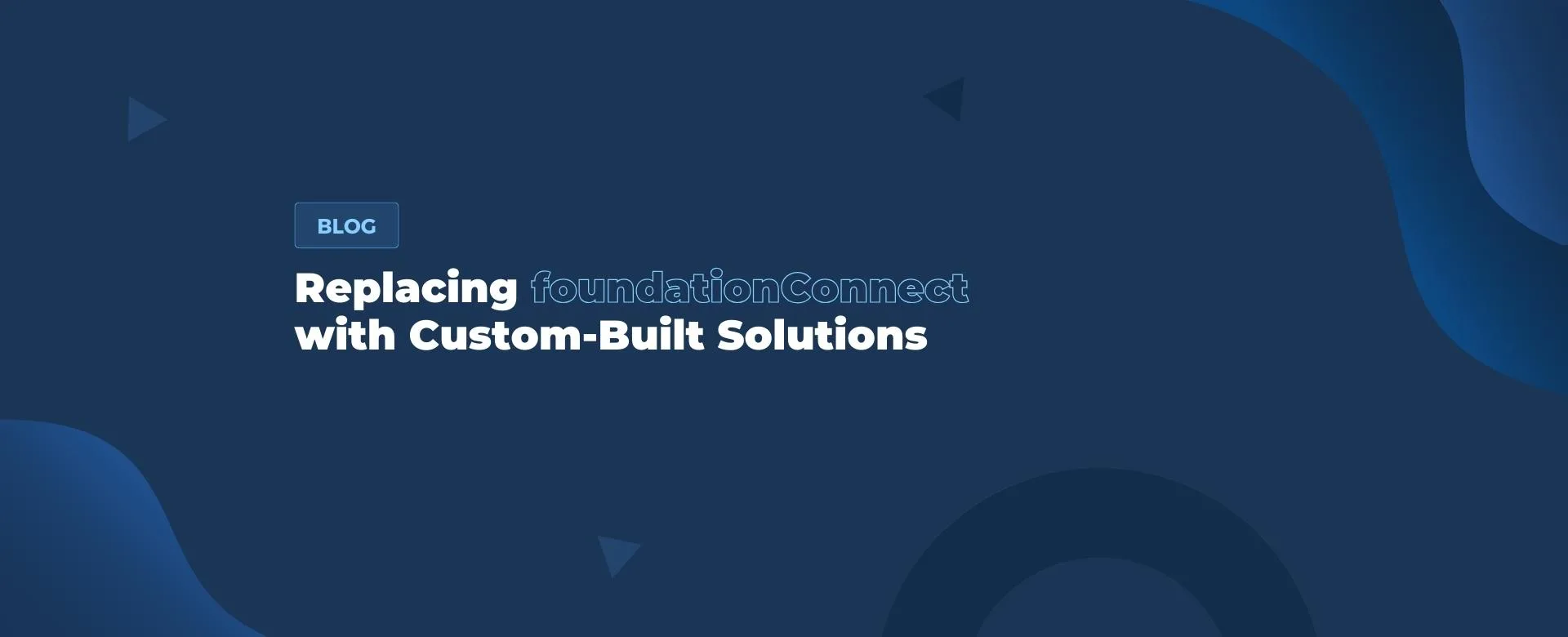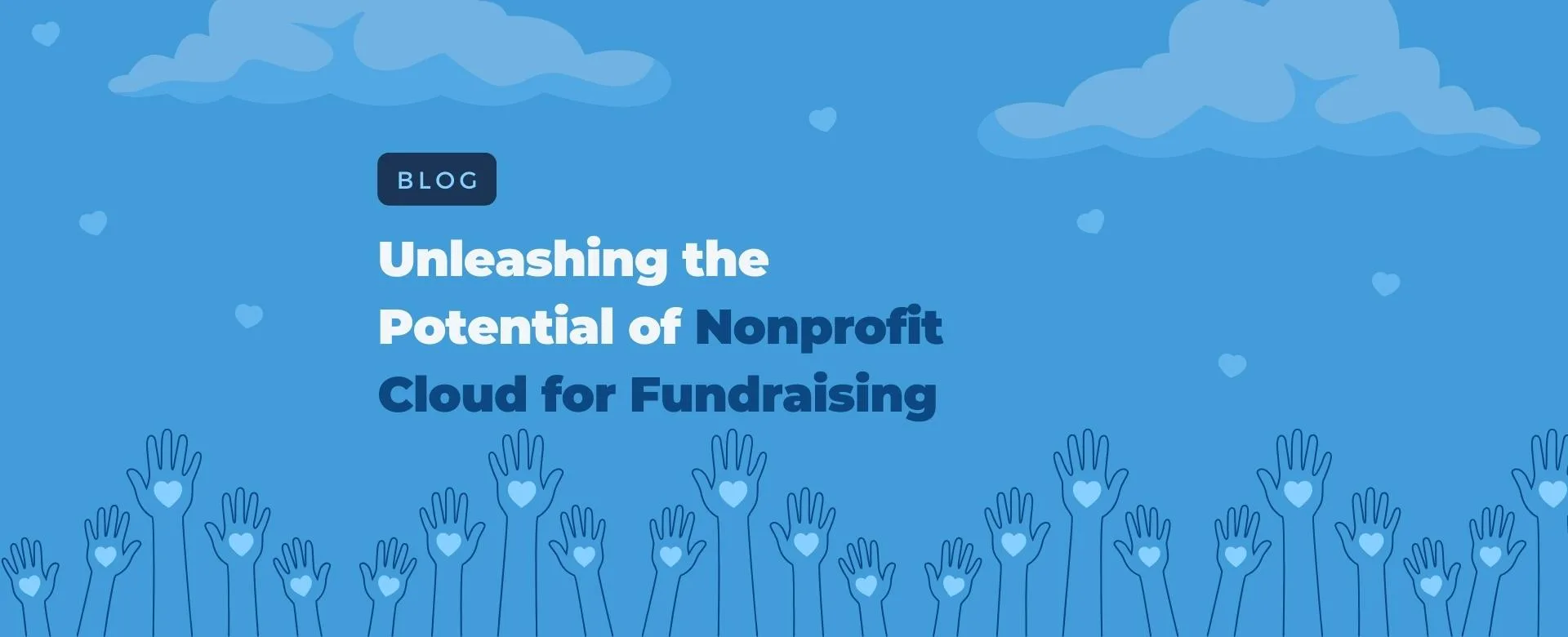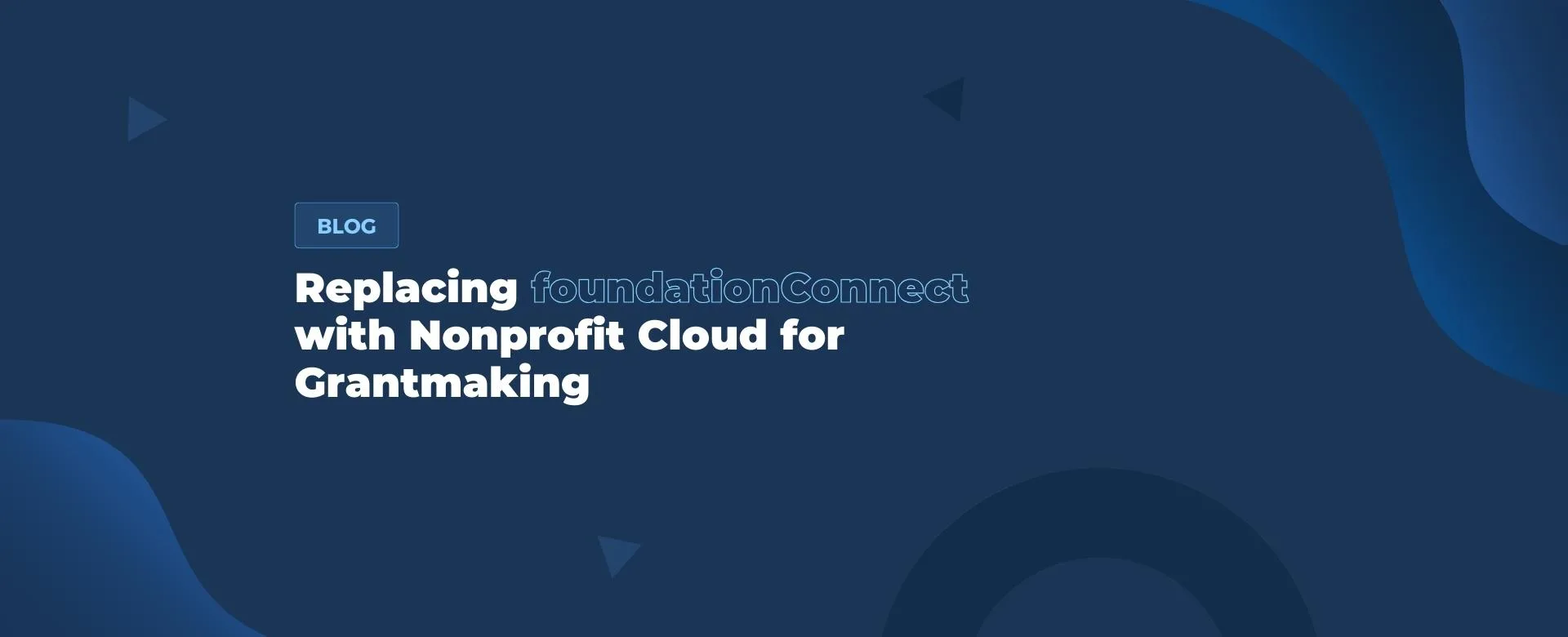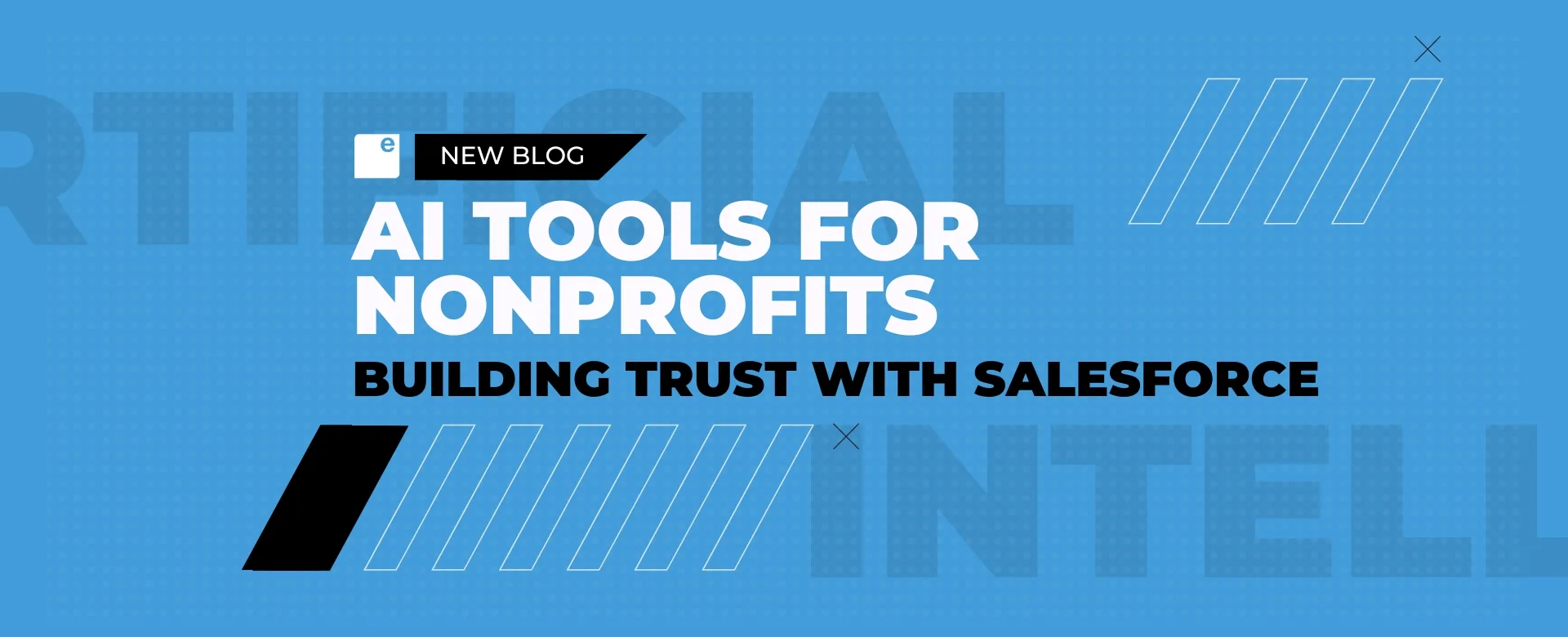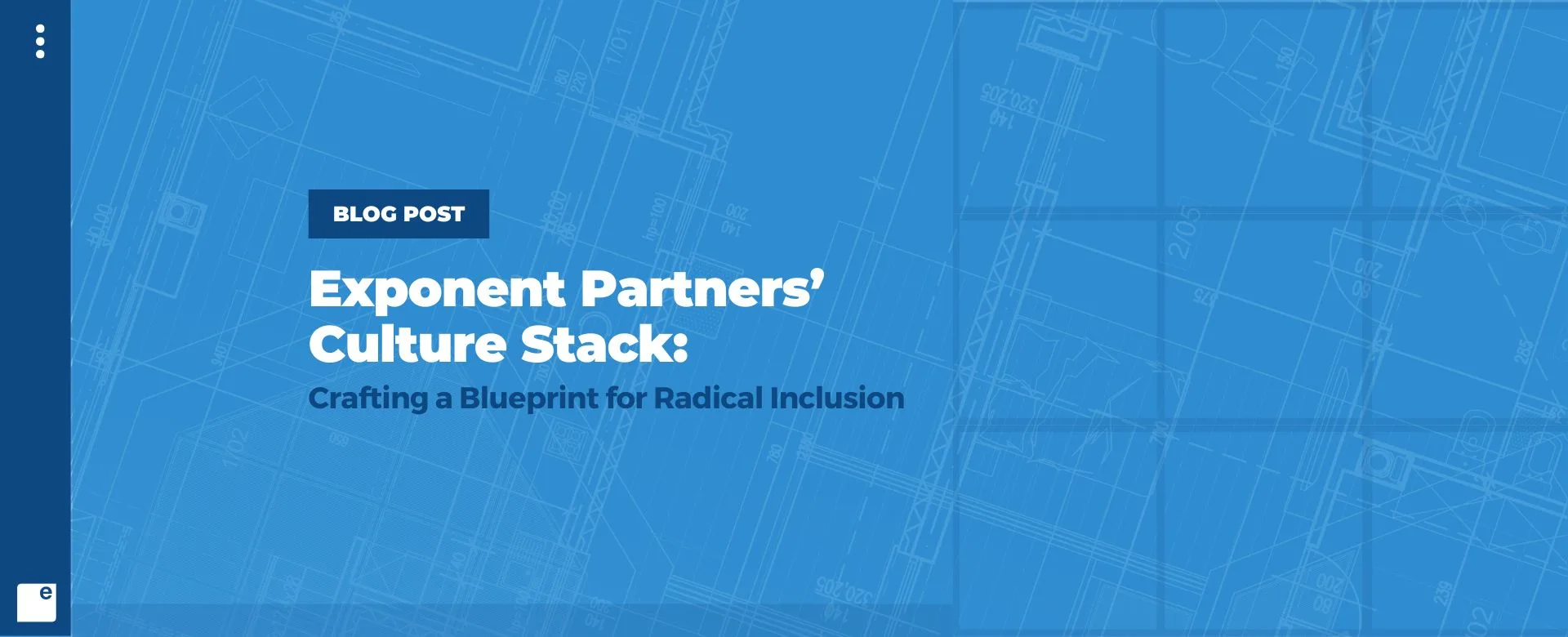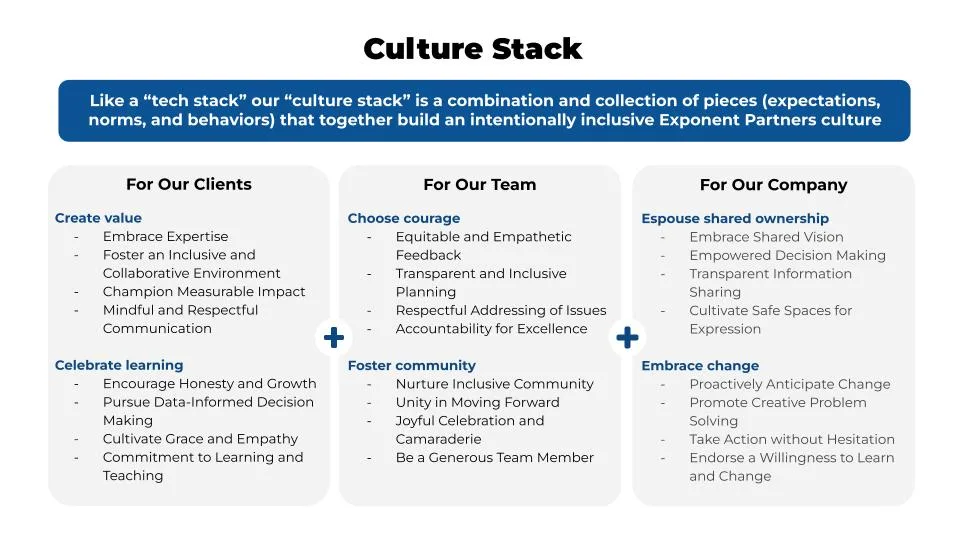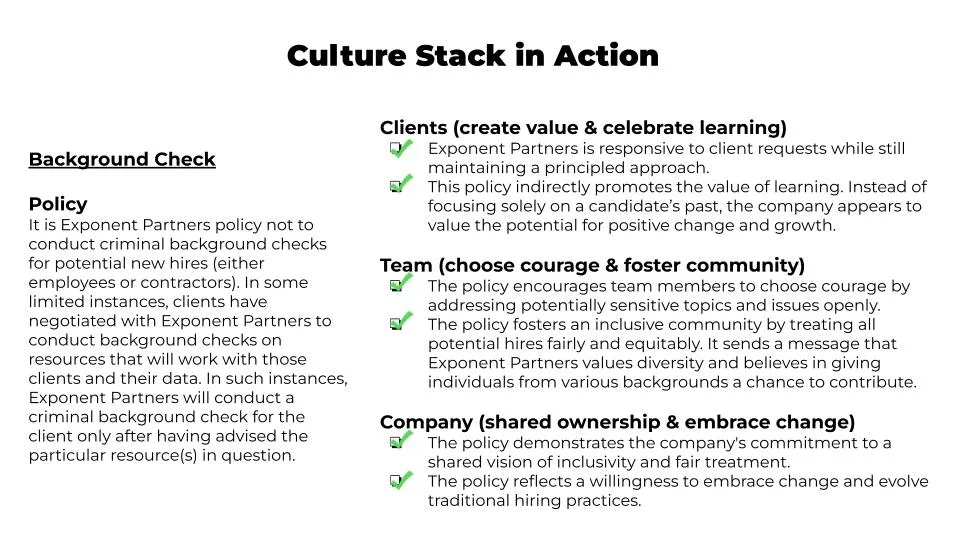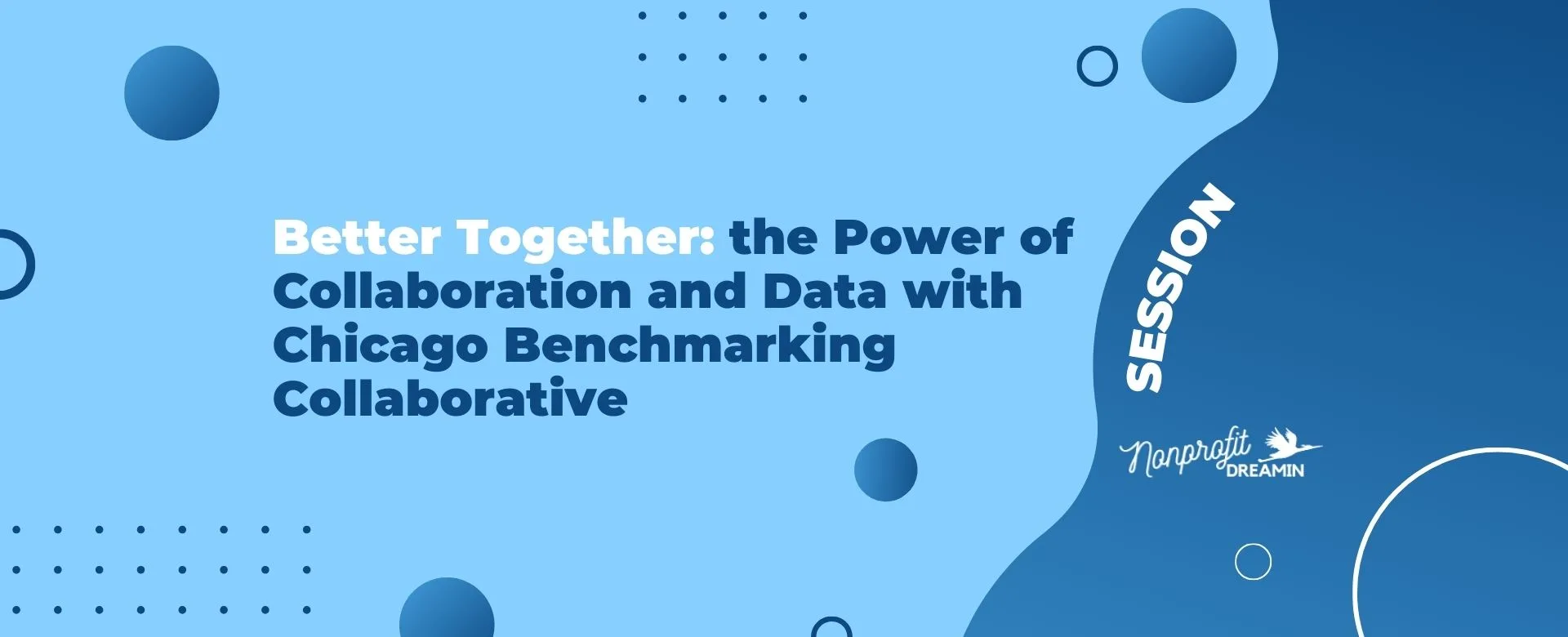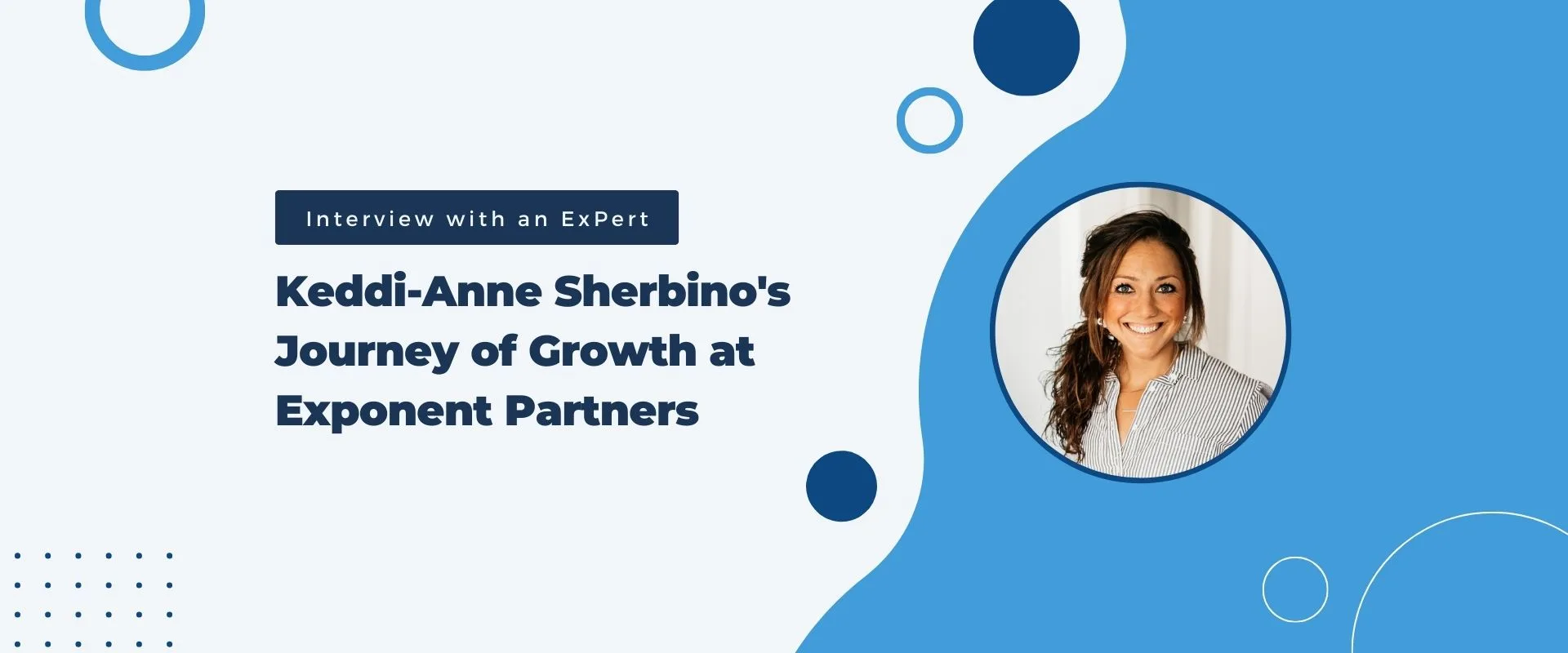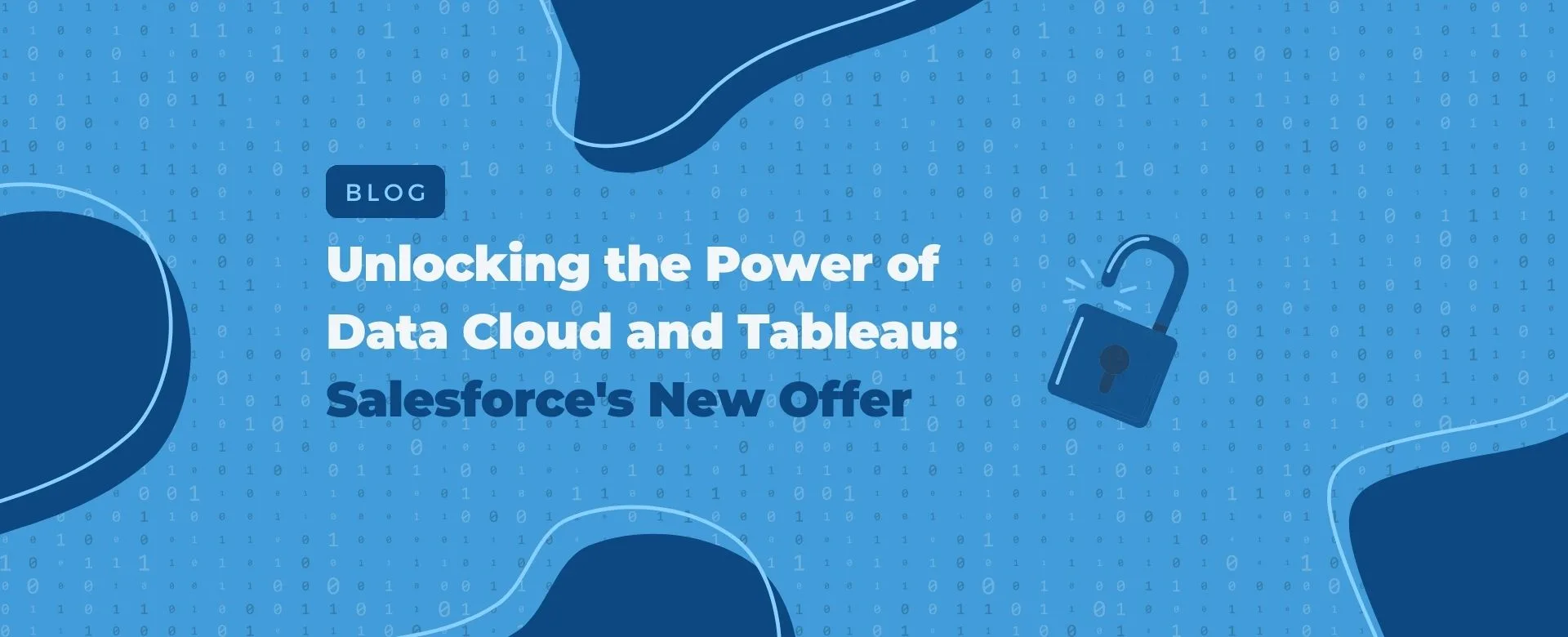Replacing foundationConnect with Outbound Funds
As we begin 2024, the looming conclusion of foundationConnect becomes an undeniable reality. With renewals ending after January 31, 2025, grantmaking organizations stand at a decisive crossroads. In this critical juncture in time, our series zeroes in on the alternatives to foundationConnect—each tailored with precision to resonate with organizational missions and elevate grant management capabilities. If you’ve missed our earlier insights on transitioning from foundationConnect, including pieces like Replacing foundationConnect with Nonprofit Cloud for Grantmaking, Custom-Built Salesforce Solutions, and Amp Impact by Vera Solutions now is the prime moment to catch up.
This time, our spotlight is on Outbound Funds—a dynamic, Salesforce-based Grants Management system designed for agility and efficiency. This installment unwraps its potential, providing a solid foundation for managing funding programs, requests, application reviews, grantee reports, and disbursements. The series concludes with this piece, offering organizations a roadmap to navigate the changing landscape with a little guidance from your friends here at Exponent Partners.
Introduction to Outbound Funds:
Outbound Funds is a free, open-source product natively built on the Salesforce platform which is designed to simplify the intricacies of grant management. Developed by the Salesforce community six years ago, it boasts a customizable architecture designed to handle funding programs, requests, application reviews, grantee reports, and disbursements seamlessly. For organizations already using the Nonprofit Success Pack (NPSP), the integration ties fundraising to outbound funds, creating a unified and efficient system. In other words, it connects your inbound fundraising to your outbound grantmaking.
The Benefits of Partial Custom Builds Using Outbound Funds:
- Flexibility and Cost-Effectiveness: Outbound Funds provides a foundation rooted in best practices which can then be tailored to meet unique grant management requirements—all without incurring the costs associated with fully customized builds. This approach empowers organizations to enhance their systems while managing budget constraints. For instance, if you cherished the community portal functionality in foundationConnect, note that Outbound Funds lacks this feature. However, you can seamlessly layer on Experience Cloud to craft a community portal tailored for your grantees.
- Addressing Grant Management Needs: Outbound Funds stands out in addressing a diverse array of grant management requirements, drawing strength from the collaborative contributions of the community during its development. Its capabilities extend to managing currency conversion for international grant programs and streamlining approval processes. Featuring a basic application flow template and a suite of out-of-the-box reports, Outbound Funds is purposefully designed as a flexible, lightweight solution adaptable to various needs across multiple industries.
- Unified System: A notable feature of Outbound Funds is its smooth integration with NPSP, utilizing general accounting units to meticulously track the sources of disbursements. This connection forms a unified system, seamlessly connecting inbound fundraising efforts with outbound grantmaking activities.
- Proven Data Model: Outbound Funds closely aligns with a fully custom build in that you will most likely need to augment features. The key distinction lies in an industry-proven foundational data model. Utilizing an existing, proven data model ensures a reliable and efficient framework, seamlessly blending the advantages of customization with a robust, tried-and-tested data structure.
Considerations for Migrating from foundationConnect to Outbound Funds:
- Simplicity in the Transition: In many ways, transitioning to Outbound Funds might be the most straightforward path away from foundationConnect. This simplicity arises from the ability to construct the Outbound Funds solution in a sandbox linked to the existing production environment. Additionally, the potential to redirect any customizations from foundationConnect to point to Outbound Funds objects makes it an attractive solution, especially for organizations unable to move away from their current Salesforce instance. If your organization has complex grant-making processes and built additional functionality on top of foundationConnect, there’s potential to modify and shift it to align with the Outbound Funds data model.
- User Experience and Cost: Outbound Funds offers a particularly appealing option for smaller organizations operating on a tight budget. Partial custom builds with Outbound Funds provide an opportunity for enriched user experiences, allowing organizations to start with a foundation and then design it according to their vision. The cost savings associated with beginning with a free, open-source product and progressively building on it make customization an attractive and economically viable choice. As an example, the application flow template provided by Outbound Funds is a valuable asset, reducing reliance on third-party tools and associated fees. Organizations can quickly initiate usage and build on it for a more sophisticated tool as needed.
- Product Ownership and Support: Having a dedicated product owner within your organization is imperative for a successful transition to Outbound Funds. While Outbound Funds comes with community support, additional guidance may be required for added functionality. The supportive community becomes an invaluable resource, yet a knowledgeable person within your organization is essential to steer customization based on unique business processes and needs.
- Complexity: While it stands out as a straightforward solution, it’s worth noting that its simplicity also means starting with a relatively basic structure. Organizations may need to invest effort in building additional features to customize it according to their specific needs. For those grappling with complex processes, the flexibility of custom-built solutions becomes a powerful asset. This flexibility allows for precise tailoring of features, but it necessitates informed architectural decisions. Collaboration with seasoned experts becomes pivotal to optimizing the system for unique requirements and avoiding potential pitfalls. In navigating the complexity spectrum, finding the right balance between simplicity and tailored sophistication is key to a successful transition.
Conclusion:
In summary, Outbound Funds emerges as a powerful ally for nonprofits navigating the transition from foundationConnect. Its flexible architecture, cost-effectiveness, and strong community support make it an appealing choice. As your organization ventures into this transformative journey, Exponent Partners is poised to provide expertise, support, and a complimentary consultation to explore the potential of partial custom builds using Outbound Funds.
If you find yourself uncertain about the right solution, our foundationConnect Migration Planning Engagement is a tailored option for those in transition planning or needing swift decision-making. This engagement streamlines the migration project, ensuring efficiency and confidence in your chosen direction. Whether evaluating the suitability of Outbound Funds or contemplating a custom build, our foundationConnect Migration Planning Engagement offers valuable insights into your needs and potential solutions.
With our extensive expertise, you can confidently navigate the intricacies of change, arming yourself with essential systems and tools to thrive in a continuously evolving landscape. We extend an invitation to reach out for a free consultation, where we can discuss how to make a difference in your organization’s grant management journey.
